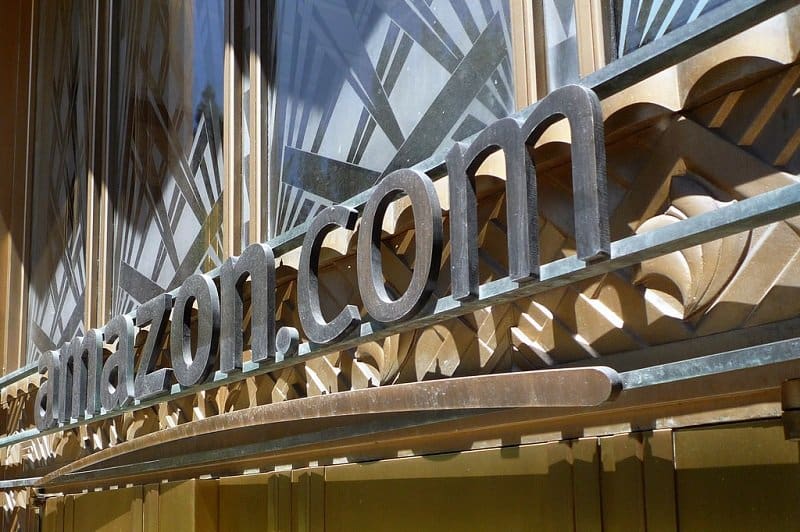Goodbye traditional grocery; Amazon bought Whole Foods

This article originally appeared on FierceRetail
Amazon has officially purchased upscale brick-and-mortar grocery chain Whole Foods for $13.7 billion. This is a seemingly great marriage that comes as no surprise to those in retail, as Whole Foods gives Amazon another footprint in brick-and-mortar, while Whole Foods gets a much needed boost in e-commerce.
We can officially stop talking about how e-commerce is going to eat the world. Amazon’s acquisition of Whole Foods is a strong indicator that brick-and-mortar matters, and stores are key to meeting consumers where they are, Tom Erskine, CMO of One Door, told FierceRetail. Without a physical presence, retailers cannot create branded, immersive experiences that sell, or leverage the logistics and delivery services they’ve invested significant resources to build, to their full potential. Now, Amazon can offer the critical ability to touch, see, hear and smell groceries, while creating a localized, national delivery network for better, fresher food, fast.
The deal also solidifies the rise of digital and technology in the role of grocery shopping.
According to Radial, a $1B unicorn and eBay spinoff that’s managing the operations of omnichannel commerce technologies and operations, the merger also means a proliferation of in-store technology for supermarkets. While Amazon has been experimenting with grab and go tech-enabled grocery stores for a while now, the huge acquisition of Whole Foods shows just how fast this concept could be a reality.
And in a recent report by Adyen examining how technology is shaping shopping trends, 51% of shoppers said they hoped stores would have technology sensors and other methods to automatically track what shoppers place in their cart and pay without having to check out in the next 12 months. Plus, 79% of those surveyed have a left a store and decided against purchasing an item because the checkout line was too long.
In addition to being the biggest grocery deal in the U.S. over the last 10 years, the Amazon and Whole Foods transaction is also the fourth-largest U.S. deal in the retail subsector on Mergermarket record (which goes back to 2001). In fact, the deal accounts for 57.7% of the retail subsector’s total deal value in the year to date.
Overall, the transaction is the second-largest U.S. grocery deal on record after Cerberus Capital Management, CVS Health Corp and SuperValue bought out Albertsons in 2006 for $17.4 billion.
According to a spokesperson from Mergermarket, the deal comes as no surprise as structural changes in retail have put a lot of pressure on brick-and-mortar supermarket chains in recent years.
With changing consumer habits spilling over into decisions in the grocery aisle, and food retailers ceding some market share to even Amazon as well as e-commerce upstarts in the bourgeoning grocery and mealkit delivery space, an uptick in consolidation in the food retail industry is not surprising, with further M&A opportunities expected as assets become available amidst increasing competition, store closures, and bankruptcies, said the spokesperson.
Read the full article on FierceRetail